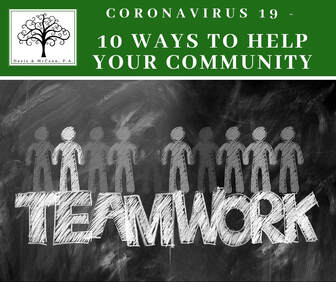 It is easy to become fearful and focused on the unknowns surrounding the Coronavirus 19 pandemic. Rather than dwell on the negatives, we suggest you look for ways you can help your community during this time. Here are 10 ways you can have a positive impact locally: 1. Practice social distancing and sanitation measures as recommended by the CDC and insist all members of your family do the same. 2. Call your elderly neighbors weekly and ask how they are feeling. Have a real conversation with them; ask about their family, their hobbies, etc. Do they need any groceries or medicine that you could pick up and deliver to their doorstep for them? Make sure they jot down your telephone number to use if they are concerned or just need to hear a friendly voice. 3. Turn off the television and phones and take your family outdoors. Write encouraging messages and pictures on your driveway and sidewalks with sidewalk chalk for passing neighbors to see. 4. If your community has been ordered to shelter in place, send a generous tip to the professional who does your hair, nails, lashes, massage, etc. The majority of these individuals are self-employed and will be out of income during a quarantine, with no unemployment benefits available. A gesture of good will on your part could help them weather this storm. 5. Purchase gift cards from your favorite restaurant, bar, movie theater, etc. to use after social distancing recommendations have been rescinded. Consider sending gift cards for grocery stores to individuals you know who are no longer employed due to this pandemic. Most of these gift cards can be purchased online or by calling the business, using your credit card for payment, and having the cards mailed to you. 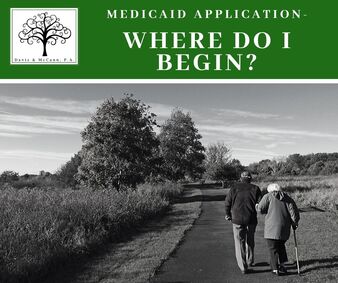 You’ve just come from taking your elderly mother to her doctor and learned that she needs to be admitted to a long-term care facility. Your mother isn’t a wealthy woman and you have no idea how she is going to pay for long-term care. This would be a good time to consult an elder law attorney and here’s why: A good elder law attorney can help you devise a plan to pay for your mother’s long-term care, make suggestions on ways your mother can preserve some of her assets and which assets need to be liquidated, sold, etc. If your elder law attorney determines that your mother will immediately qualify for Medicaid benefits, she will need to provide the following information as part of the Medicaid application process: 1. Non-Financial Documents a. Identification – picture ID (driver’s license, state ID) b. Social Security card(s) c. Birth verification (birth certificate, baptismal certificate or school record with date of birth) d. Marriage license or death certificate/divorce decree of spouse e. Health Insurance Identification Card (for all insurance coverage including Medicare, Medicare Supplemental, etc.) f. Military discharge records including original Form DD-214 g. Names, addresses, phone numbers of all children h. Listing of assets sold or given away in the last 5 years 2. Legal Documents a. Most recent Health Care Power of Attorney, Living Will, General Durable Power of Attorney, Will b. Trust documents c. Business entity/partnership agreements d. Resident admission agreement (if in assisted living or nursing home) 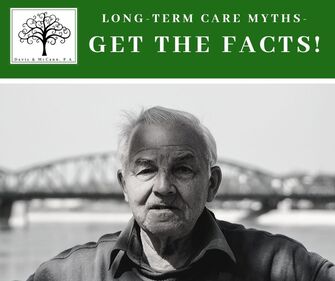 Rumors, gossip and hearsay are your worst enemy when it comes to long-term care planning. Many people delay planning because they hear one thing or another from a family member or friend, but they never take the time to investigate whether the information is accurate or if it even applies to their own situation. Before you assume you won’t qualify for Medicaid benefits for nursing home care, or wouldn’t benefit from long-term care planning, do yourself a favor and visit an experienced elder law attorney to get the FACTS. In the meantime, here are a few common long-term care misunderstandings held by many clients: 1. To qualify for Medicaid benefits, I must get rid of all my assets. False. In Kansas, although you’re not allowed more than $2,000 in “countable assets” to receive Medicaid, not all of your assets are counted toward computing your eligibility. For example, in Kansas, your house is an exempt asset so long as your spouse resides there or there is a chance that you will return home. Other exemptions include assets that can’t be converted to cash, burial plots, business or income-producing property, household furnishings, personal property, pre-paid funeral plans and a vehicle. Further, if you are married, your spouse (a/k/a well-spouse or non-applicant) may keep a portion of your countable assets as his/her “community spouse resource allowance”. However, something everyone should keep in mind, is that many of the aforementioned assets lose their exempt status after death. 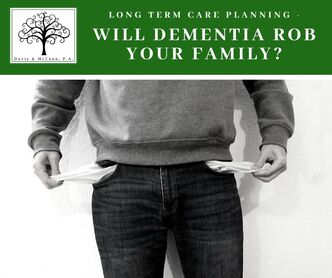 Dementia is a frightening diagnosis for any family. The life expectancy for an individual with dementia can vary greatly depending on the exact diagnosis but patients routinely live more than five, eight or even 12 years after they first begin to require full-time care. These numbers vary depending on the individual and advancing treatments but they give you a better idea of what you might expect should you or a family member receive a dementia diagnosis. Even with the best of intentions to receive care at home, very few family members are equipped to provide the health and safety needs of a patient with advanced dementia. As a result, most dementia patients end up needing full-time nursing home care. Will you be financially able to pay for that care? In Kansas, the average annual cost for around-the-clock care in a nursing home, with a semi-private room, is a little over $65,000, according to a 2019 Genworth report. This means that an individual needing eight years of full-time nursing home care would pay more than $520,000 over that time period. For many families, this equates to most or all the wealth they have accumulated over their lifetime. Medicare does NOT pay for long-term care in a nursing home. It will cover some expenses related to temporary admissions, but not long-term care. Medicaid is the State agency that provides payment for long-term care but only individuals who have less than $2,000 in countable resources are eligible. The application process for Medicaid can be confusing and time consuming. That process is even further complicated if you feel you have been unfairly denied Medicaid assistance (a common event, even for clearly qualified applicants). |
NEWS YOU CAN USEDavis & McCann, P. A., Archives
April 2021
Categories
All
|
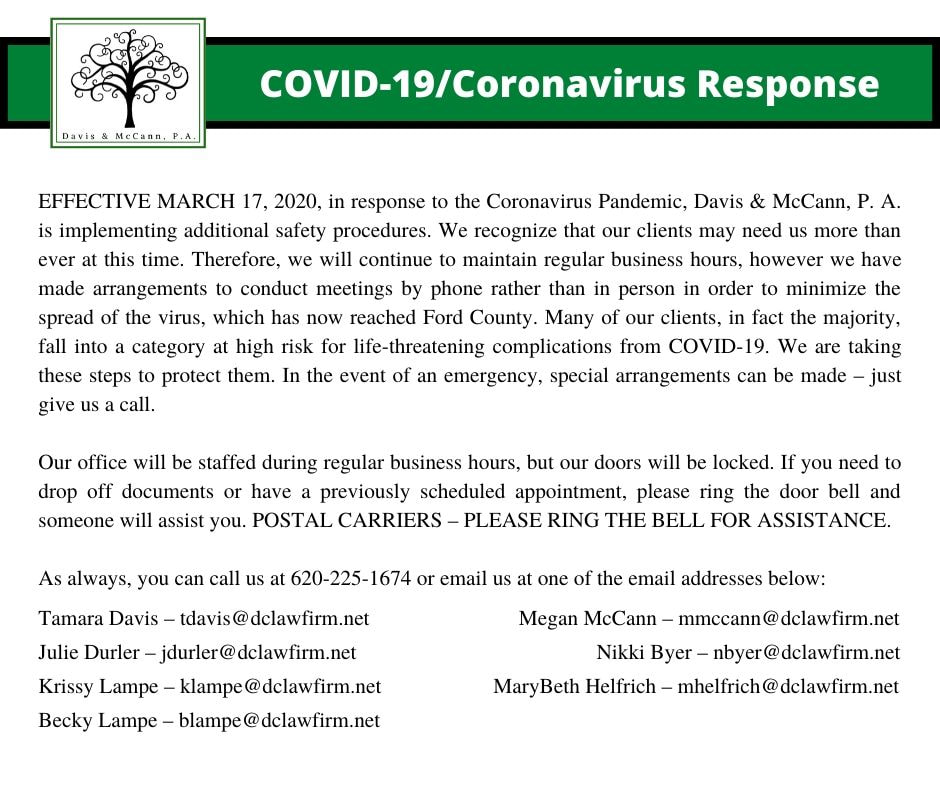

 RSS Feed
RSS Feed